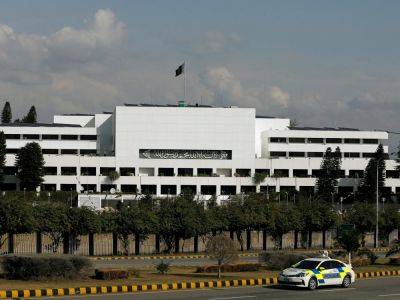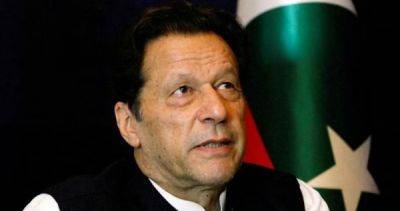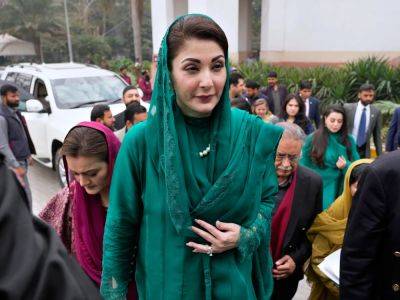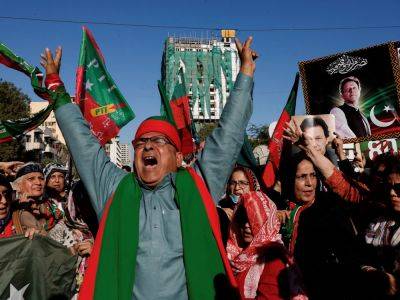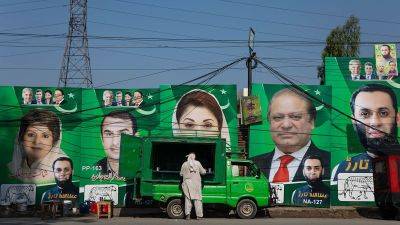Pakistan’s PTI faces uphill battle as rivals unite, Imran Khan in jail
It has staked a claim to form the government but has neither the numbers nor the allies.
Islamabad, Pakistan — Nearly two weeks after the general elections in Pakistan, the contours of the likely new government are becoming clearer, with traditional political rivals Pakistan Muslim League-Nawaz (PMLN) and Pakistan People’s Party (PPP) agreeing to a power-sharing formula.
Having won 75 and 54 seats in the elections respectively, the two parties, along with their smaller allies, have more than 150 members in the lower house of Pakistan’s parliament, where 134 out of a total of 266 seats are needed to form a government.
Missing in that picture is former Pakistan Prime Minister Imran Khan’s Pakistan Tehreek-e-Insaf (PTI), despite its candidates winning 93 seats – more than any other party – while contesting the elections as independents. The party was also denied its electoral symbol, the cricket bat, weeks before the February 8 voting.
While the PTI has staked a claim to form the next government, its approach suggests that it is prepared to sit in opposition – while raising questions about the legitimacy of the elections, where it believes its mandate was stolen – said analysts. Al Jazeera reached out to several senior PTI leaders for their views on the party’s strategy, but they were unavailable.
With its leader Khan behind bars on multiple convictions, and its election campaign hit by multiple setbacks, the party stunned many analysts with the performance of its candidates in the election.
Yet, after the results, it effectively needed to join a coalition with either of the PMLN or PPP to breach the 134 mark. But Khan, in a categorical statement from jail, said the PTI would not talk to either of the two legacy political


